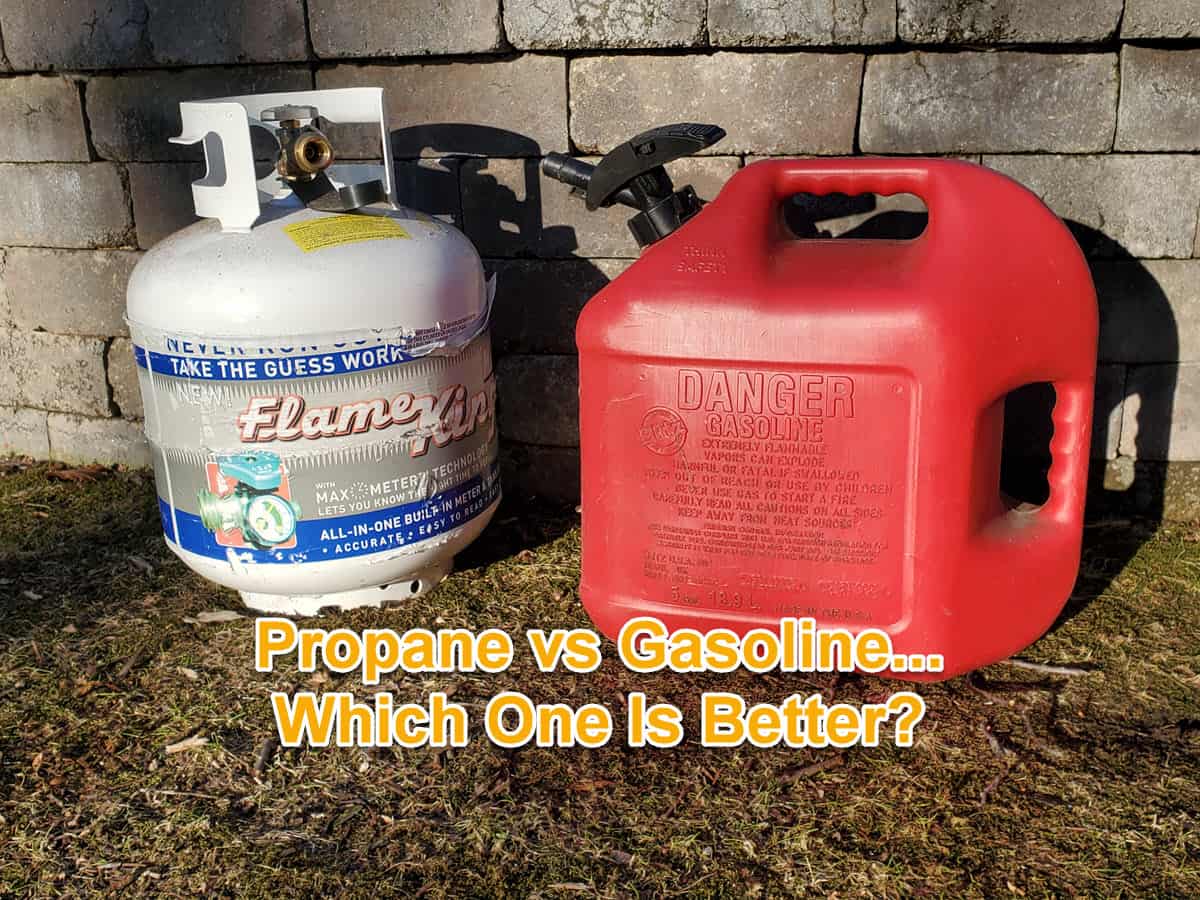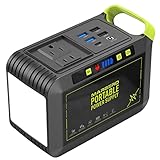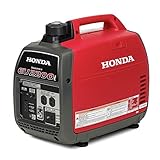In an era where reliable power is crucial for everyday convenience and emergency preparedness, choosing the right generator fuel can make all the difference. As the demand for portable power solutions grows, propane has emerged as a compelling alternative to traditional gasoline generators. This guide will explore the key differences between propane and gas generators, helping you make an informed decision for your power needs.
Quick Comparison
| Generator Type | Pros | Cons |
|---|---|---|
| Gasoline Generators |
|
|
| Propane Generators |
|
|
Understanding Generator Fuels
Before diving into the comparison, it’s essential to understand the fundamental properties of gasoline and propane as generator fuels.
Gasoline is a liquid petroleum derivative that’s widely available and has been the go-to fuel for portable generators for decades. It’s energy-dense and familiar to most users, making it a popular choice for gas generators. However, gasoline has a relatively short shelf life and can degrade over time, potentially causing issues with generator performance if not properly stored or used.
On the other hand, propane is a liquefied petroleum gas stored in pressurized tanks. It burns cleaner than gasoline and has an indefinite shelf life, making it an attractive option for those who don’t use their generators frequently. Propane is also less prone to fuel system clogging and carburetor issues, which can be common problems with gasoline generators.
Performance Comparison
When it comes to power output, gasoline generators typically have a slight edge. Propane has a lower energy density than gasoline, which means that a propane generator may produce about 10-15% less power than an equivalent gasoline model. However, this difference is often negligible for most residential and recreational applications.
Efficiency and fuel consumption rates can vary depending on the specific generator model and load conditions. Generally, propane generators tend to consume fuel at a slightly higher rate than gasoline generators. However, propane’s cleaner-burning nature can lead to less engine wear and potentially longer engine life.
Propane generators often have an advantage in cold weather conditions. Propane vaporizes at extremely low temperatures, making it easier to start a propane generator in cold weather than a gasoline generator, which may struggle with fuel thickening or carburetor icing.
For a detailed explanation of how generators work and their load capacities, check out our article on the basics of portable generators and portable generators load capacity.
Environmental Impact
One of the most significant advantages of propane generators is their lower environmental impact. Propane burns cleaner than gasoline, producing fewer emissions and pollutants. This reduces the generator’s carbon footprint and leads to better air quality around the generator during operation.
Propane’s cleaner combustion also means less carbon buildup in the engine, which can contribute to longer engine life and potentially lower maintenance requirements over time.
Fuel Availability and Storage
Gasoline is widely available at gas stations, making it easily accessible in most situations. However, during power outages or natural disasters, gas stations may be closed or experience long lines.
While propane is not as ubiquitous as gasoline, it is still readily available at many hardware stores, gas stations, and dedicated propane suppliers. Propane’s key advantage is its indefinite shelf life. Unlike gasoline, which can degrade within months, properly stored propane can last for years without losing its effectiveness.
When it comes to storage, propane has a clear advantage in terms of safety and longevity. Propane tanks are designed for long-term storage and don’t pose the same fire hazards as stored gasoline. This makes propane an excellent choice for portable power for disaster preparedness.
Cost Analysis
The initial investment for a propane generator is often slightly higher than for a comparable gasoline model. However, propane’s cleaner burning nature and potential for less frequent maintenance can lower its long-term operational costs.
Fuel costs can fluctuate, but historically, propane has been competitively priced with gasoline on a per-energy-unit basis. Propane’s indefinite shelf life can also lead to cost savings, as you won’t need to periodically replace stored fuel.
Maintenance and Longevity
Propane generators typically require less frequent maintenance than their gasoline counterparts. The clean-burning nature of propane results in less carbon buildup and deposits in the engine, which can translate to fewer oil changes and less frequent servicing.
While generally reliable, gasoline generators may require more attention to fuel system maintenance, including regular carburetor cleaning and fuel stabilizer use for stored gasoline. For tips on maintaining your generator, regardless of fuel type, check out our generator maintenance guide.
Safety Considerations
Both propane and gasoline generators require careful handling and operation. Gasoline is highly flammable and poses fire and explosion risks if not stored or handled properly. While also flammable, propane is stored in pressurized tanks designed for safety.
Proper ventilation is crucial for both types of generators to prevent carbon monoxide buildup. Always operate generators outdoors and away from windows, doors, and vents. For more information on safe generator operation, read our article on portable power safety.
Versatility and Applications
Both propane and gasoline generators offer versatility for various applications:
- Residential backup power.
- Recreational use (camping, RVs, tailgating).
- Construction and job site power.
- Emergency and disaster relief.
The choice between propane and gasoline often comes down to specific needs and preferences. For example, propane might be preferred for long-term storage and cleaner operation, while gasoline might be chosen for its wider availability and slightly higher power output.
Dual-Fuel Generators: The Best of Both Worlds?
Dual-fuel generators offer an attractive solution for those who want the benefits of both fuels. These generators can run on either propane or gasoline, providing flexibility and convenience. Models like the DuroMax XP13000EH offer this dual-fuel capability, allowing users to switch between fuels based on availability or preference.
Making the Right Choice
When deciding between a propane and gas generator, consider the following factors:
- Your specific power needs and usage frequency
- Fuel availability in your area
- Storage capabilities and local regulations
- Environmental concerns
- Long-term cost considerations
- Maintenance preferences
Remember also to consider proper generator grounding for safe operation. Our guide on how to ground a generator provides essential information on this topic.
Conclusion
Both propane and gas generators have their strengths and potential drawbacks. Propane offers cleaner operation, indefinite shelf life, and potentially lower maintenance, while gasoline provides slightly higher power output and wider availability. You can select the generator fuel that best suits your situation by carefully evaluating your power needs, storage capabilities, and long-term usage plans.
For those interested in exploring other fuel options, our article on portable generators: gas vs diesel provides additional insights into alternative fuel choices for generators.








Leave a Reply